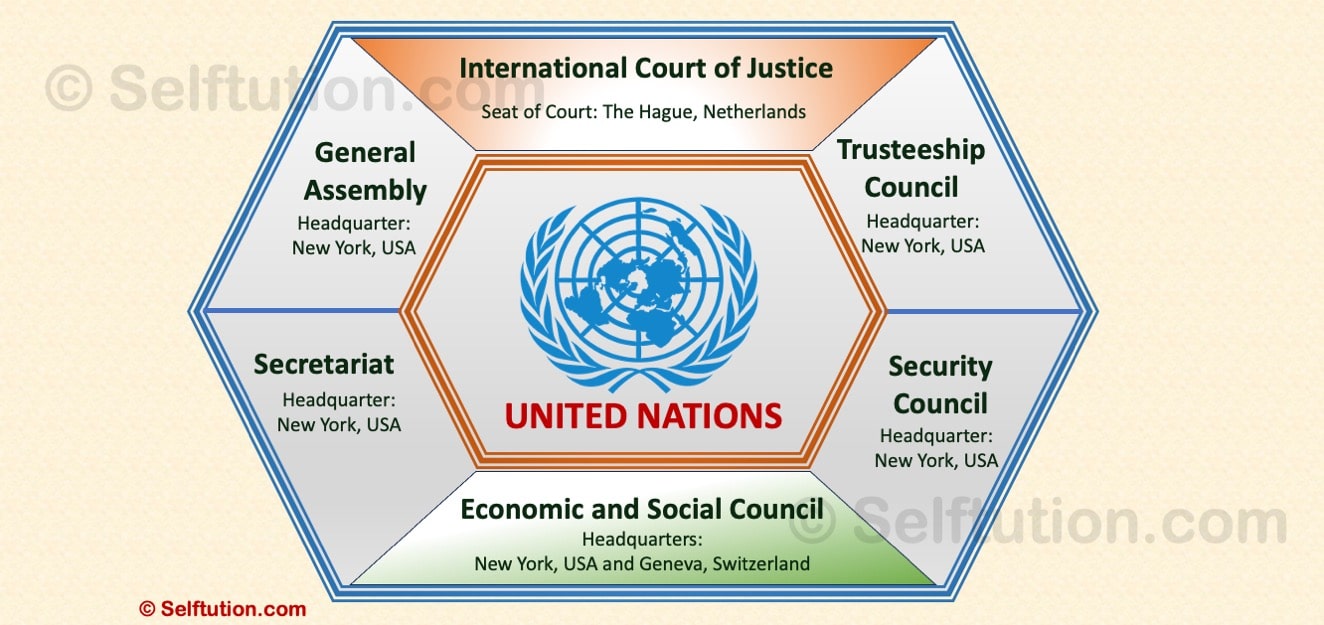Judul : The UN's Selective Lens: Why Urgent Human Rights Crises Like Gaza Get Reports, Not Resources
link : The UN's Selective Lens: Why Urgent Human Rights Crises Like Gaza Get Reports, Not Resources
The UN's Selective Lens: Why Urgent Human Rights Crises Like Gaza Get Reports, Not Resources

Dhaka, July 21 -- Every day, the United Nations Office of the High Commissioner for Human Rights (OHCHR) is supposed to stand up for people who've lost everything, families caught in war, hunger, or oppression. Yet, something feels terribly wrong.
In some countries, where new leaders are trying to rebuild broken systems, the UN shows up with real help: experts on the ground, training locals, and watching closely to ensure people's rights are protected. It's the kind of support that gives a school teacher hope her students can learn without fear, or a shopkeeper faith that justice might finally be fair.
But in places like Gaza, where mothers hold their children tightly in bread lines, praying they won't be caught in violence while chasing a bite to eat, and where fathers bury their young lost to chaos, why is there only distant sympathy, reports, and speeches instead of hands-on help?
This isn't just an oversight; it's a system twisted by the agendas of powerful nations, where politics and bureaucracy decide who gets saved and who's left to suffer alone.
Gaza stands as a stark emblem of this imbalance. In July 2025 alone, UN experts have decried "genocidal violence" against women and girls, with reports of over 875 Palestinians killed while seeking humanitarian aid in recent weeks.
The OHCHR has documented hundreds of deaths at aid sites, labeling them as potential war crimes amid a man-made famine exacerbated by blockades.
Special Rapporteurs warn of an "economy of genocide," where occupation turns profitable, and civilians face forced displacement and preventable deaths.
Yet, the response? Press releases, Security Council briefings, and calls for investigations that rarely materialize into tangible missions.
No dedicated OHCHR field presence akin to those established elsewhere, despite the scale: Over 613 killings at aid convoys reported by early July, with child malnutrition surging since blockades intensified, according to OHCHR.
Why this discrepancy? The UN's framework, designed post-World War II, embeds power imbalances that favor influential states. Veto-wielding members of the Security Council can block resolutions or interventions that challenge allies, as seen with repeated shields for actions in Gaza.
For example, while the OHCHR launches multi-year missions in nations open to cooperation, providing technical aid and oversight in Gaza's context, marked by ongoing conflict and restricted access, is deemed too "complex" for similar engagement.
This isn't about capability; the UN has mobilized in war-torn areas like Ukraine, where reports highlight rising civilian casualties and prompt detailed monitoring.
But in Gaza, even UN investigators face sanctions from powerful nations, undermining probes into abuses.
Geopolitical alliances further skew priorities. Missions thrive where host governments invite them, as in recent pacts for three-year support in developing regions addressing domestic rights issues.
These are "wins" for the UN's annual appeals, boosting funding and visibility amid global threats like climate change and inequality.
In contrast, where entry is contested, the OHCHR resorts to remote advocacy, decrying killings of medical professionals and civilians but without the on-site presence that could document, deter, or facilitate aid.
This creates a perverse incentive: Cooperative states get resources, while besieged populations in need, like Gaza's, where settlers escalate crimes against Palestinians, receive only words.
Institutional inertia compounds the problem. The Human Rights Council holds sessions to adopt resolutions, but enforcement lags in politicized conflicts.
Appeals for 2025 emphasize empowering communities and legal actions, yet in Gaza, profit from suffering goes unchecked, with UN reports exposing "forever occupation" without follow-up missions.
Critics argue this "hierarchy" erodes credibility: Why fund broad priorities when acute needs, where hundreds die seeking food, demand immediate boots on the ground?
Ultimately, the UN must realign to aid those who "need it more", the starving, the targeted, the forgotten in Gaza's siege. Using successful partnerships as blueprints, reform vetoes, secure access, and deploy missions equitably. Otherwise, the human rights framework risks being a tool for the stable, not the suffering, perpetuating a world where urgency is optional. The time for equitable action is overdue; lives depend on it.
Md Arman Hoseen, a contemporary affairs writer.
Demikianlah Artikel The UN's Selective Lens: Why Urgent Human Rights Crises Like Gaza Get Reports, Not Resources
Anda sekarang membaca artikel The UN's Selective Lens: Why Urgent Human Rights Crises Like Gaza Get Reports, Not Resources dengan alamat link https://www.punyakamu.com/2025/07/the-uns-selective-lens-why-urgent-human.html
0 Response to "The UN's Selective Lens: Why Urgent Human Rights Crises Like Gaza Get Reports, Not Resources"
Post a Comment